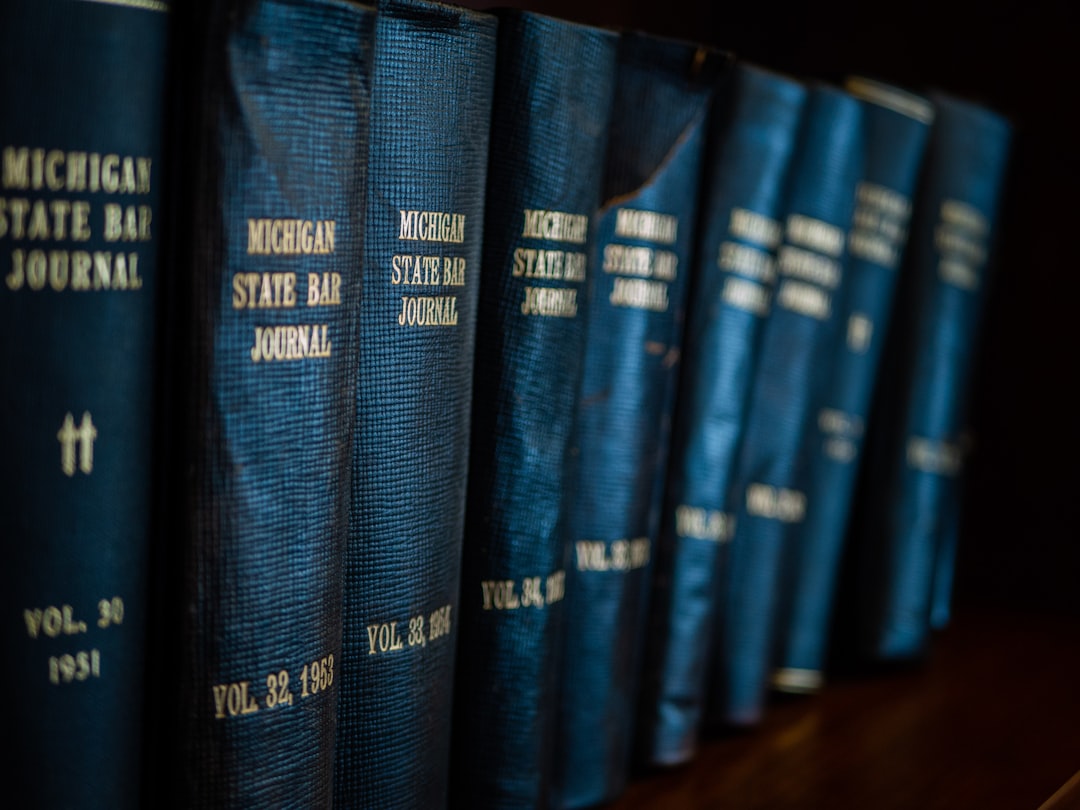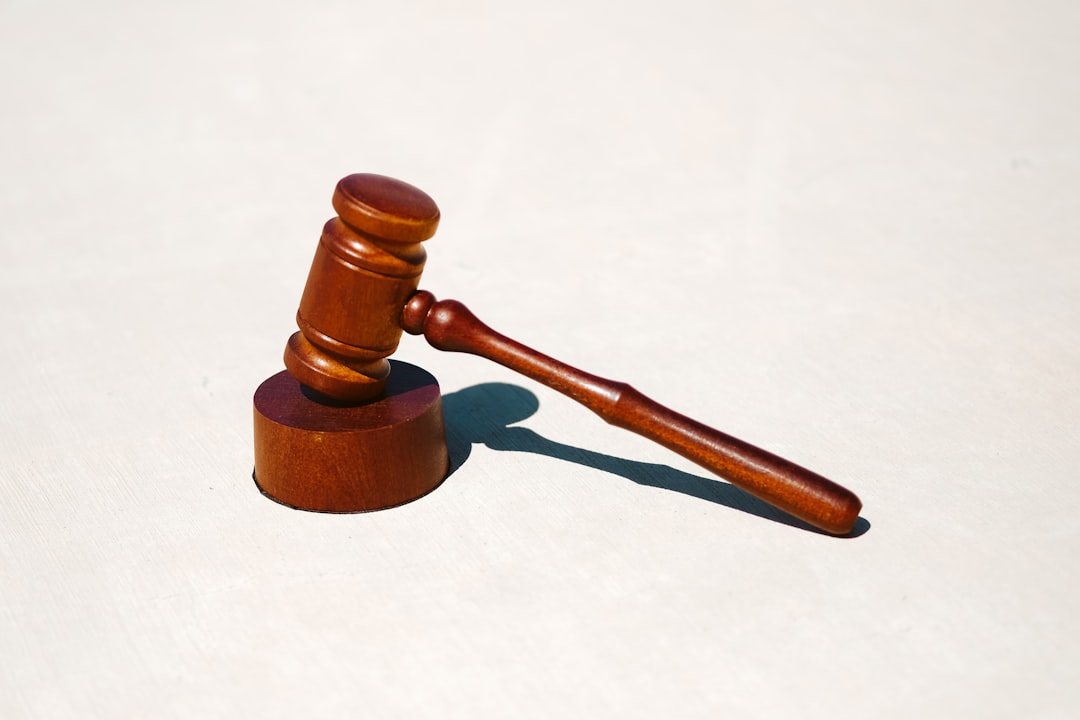In Denver, CO, understanding consent laws is crucial for sexual assault cases. A sexual assault lawyer Denver CO emphasizes clear, voluntary, enthusiastic consent, with silence not equating to consent. Landmark cases highlight the need for explicit consent, and increasing reported assaults underscore this importance. Practical advice includes open communication about boundaries, documenting conversations, and knowing local laws. Proving consent or its absence is complex, requiring expert analysis of physical evidence, witness accounts, and behavioral science. Skilled sexual assault lawyers Denver CO guide victims through proceedings, ensuring justice by examining case specifics, gathering evidence, and challenging or strengthening consent interpretations based on context. These attorneys stay updated on state laws, providing crucial support to victims after boundary violations.
In Denver, CO, as across the nation, the issue of sexual assault demands meticulous attention and robust legal frameworks to ensure justice for victims. Proving consent remains a critical aspect of these cases, often shrouded in complexity and nuance. This article aims to demystify this process, offering insights into how a sexual assault lawyer Denver CO can guide clients through navigating the legal landscape. We’ll explore practical strategies and legal principles to establish consent or its absence, ensuring fair outcomes for all involved.
Understanding Consent Laws in Denver: A Legal Perspective
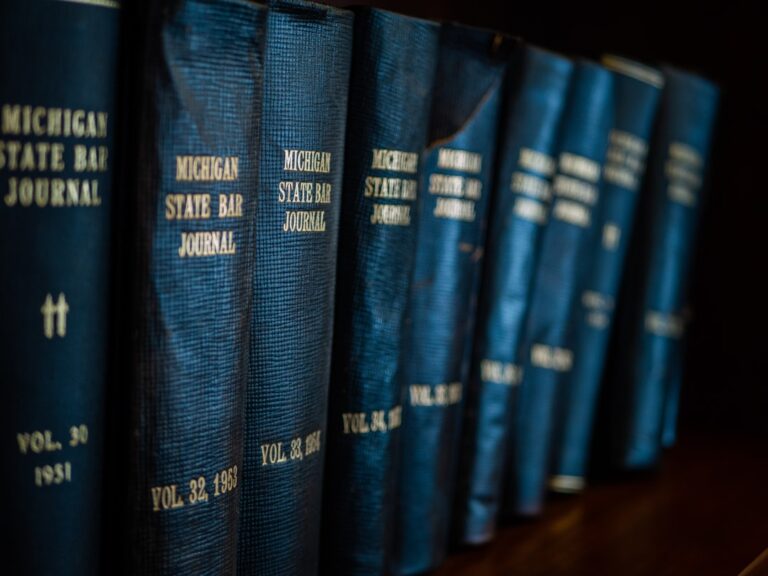
In Denver, CO, understanding consent laws is paramount when navigating sexual assault cases from a legal perspective. A sexual assault lawyer Denver CO emphasizes that consent must be clear, voluntary, and enthusiastic—a fundamental principle that protects both individuals involved. The law defines consent as an affirmative agreement, which can include verbal or non-verbal cues. However, silence or a lack of resistance does not equate to consent. It’s crucial for victims to communicate their boundaries openly and for perpetrators to respect these limits.
Denver’s legal system has seen several landmark cases that highlight the importance of consent. For instance, in recent years, local courts have strictly interpreted the law, ruling in favor of defendants who could prove they obtained clear consent. This shift underscores the need for individuals involved in sexual activities to be explicit with their agreements. Data from the Denver Police Department shows a steady increase in reported sexual assault cases, emphasizing the prevalence and complexity of these issues. With such statistics, it becomes evident that a thorough understanding of consent laws is crucial for both legal professionals and individuals alike.
Practical advice for navigating consent involves open communication before any intimate activity. This includes discussing boundaries, expectations, and comfort levels. If a person feels uncomfortable or hesitant, their concerns should be heeded. A sexual assault lawyer Denver CO recommends documenting any conversations about consent, as this can serve as compelling evidence in court. Furthermore, knowing local laws—such as the specific age of consent in Colorado—is essential for building a strong defense or supporting a victim’s claim. By prioritizing clear communication and legal awareness, individuals can help ensure that their experiences align with the principles of justice and respect.
Gathering Evidence: Proving Consent or Absence in Court
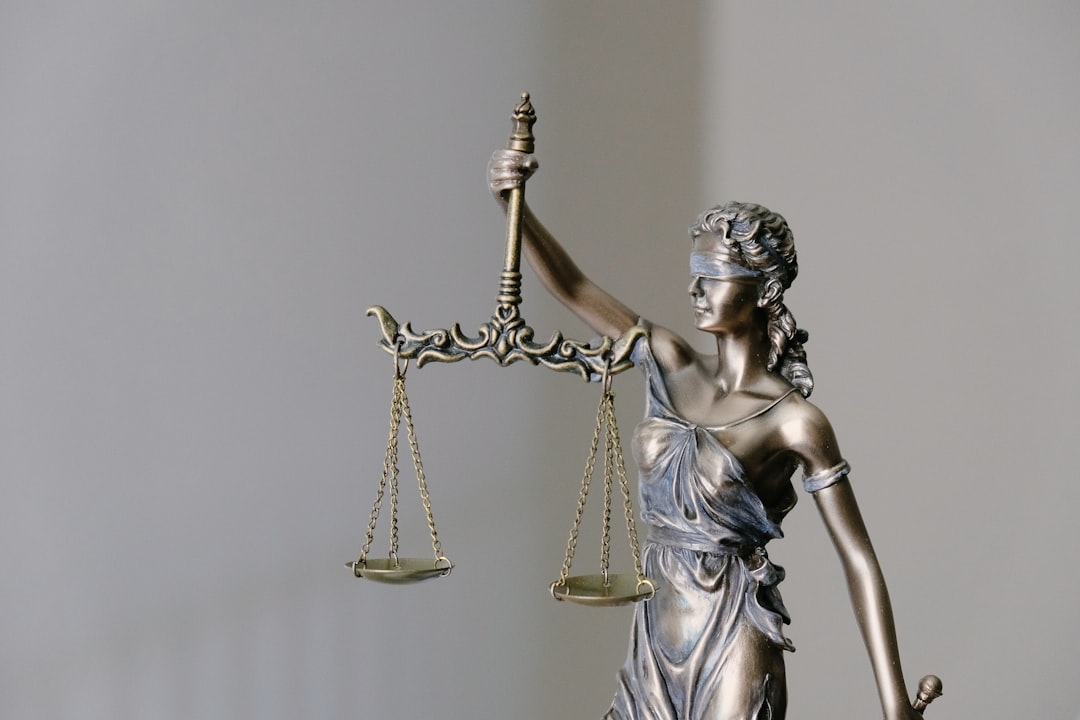
Proving consent—or its absence—is a critical aspect of sexual assault cases, and gathering robust evidence is essential to ensure justice. In Denver, CO, where laws regarding sexual consent are strictly enforced, both victims and accused must be prepared for a meticulous legal process. A sexual assault lawyer in Denver CO emphasizes that establishing consent requires a comprehensive understanding of the circumstances leading up to and during the encounter. This includes scrutinizing communication, behavior patterns, and the presence (or lack) of any coercive or manipulative tactics.
Physical evidence plays a significant role in supporting a consent narrative. This may include medical records detailing injuries consistent with sexual assault or absence of trauma that could suggest forced activity. Digital forensics is another powerful tool; text messages, social media communications, and device records can provide insights into the dynamics of the relationship and any discussions related to sexual activities. For instance, a Denver CO case where digital evidence was pivotal involved an accused who claimed consent based on explicit messages exchanged prior to the incident. However, the court gave more weight to the victim’s testimony and lack of subsequent communication, ultimately finding non-consent.
Witness accounts are equally valuable. Friends, family, or acquaintances who can attest to the parties’ behavior before, during, or after the alleged assault can provide crucial context. Consensual encounters typically involve clear communication and enthusiasm from both parties, which witnesses can corroborate. Conversely, signs of discomfort, hesitation, or lack of enthusiasm can be compelling evidence of non-consent. In complex cases, a sexual assault lawyer in Denver CO might employ expert witnesses who specialize in behavioral science or psychology to interpret subtle cues and patterns, helping the court understand nuances that could sway the outcome.
The Role of a Sexual Assault Lawyer Denver CO: Navigating Justice
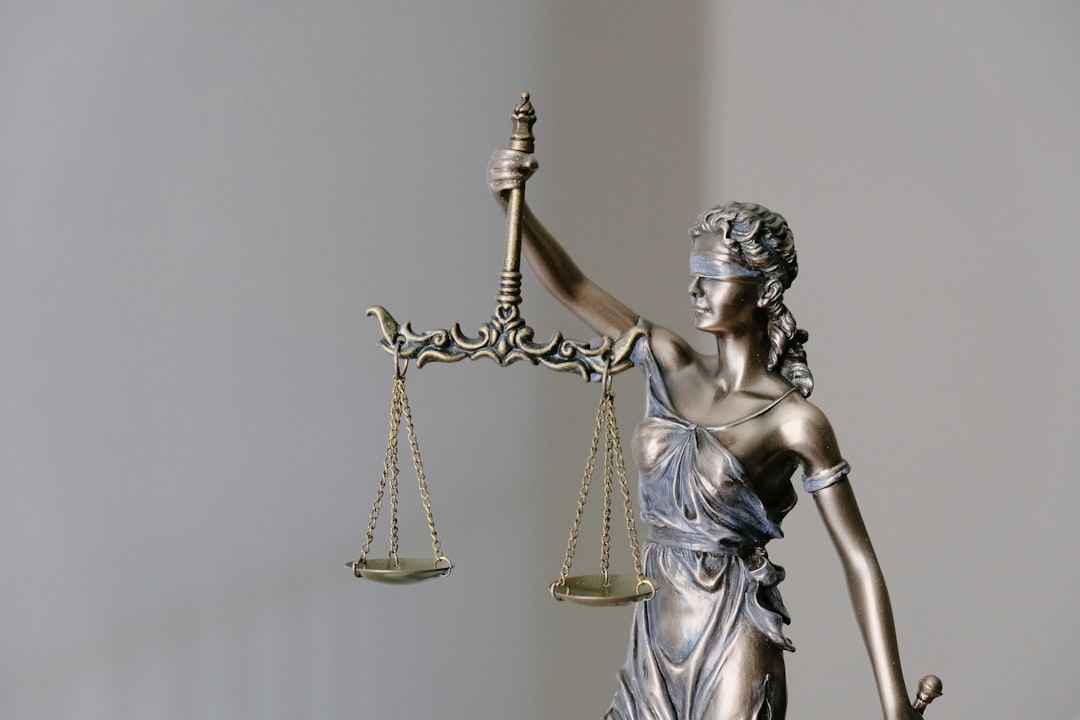
Proving consent in a sexual assault case is a complex legal process, and navigating this intricate web requires the expertise of a skilled sexual assault lawyer Denver CO residents can trust. These attorneys are pivotal in ensuring justice for victims, guiding them through the often-traumatizing experience of legal proceedings. Their role involves a deep understanding of not just the law but also the emotional and psychological aspects unique to such cases.
A sexual assault lawyer Denver CO practices meticulously examine the specifics of each case, gathering evidence that supports the client’s version of events. This may include reviewing medical records, investigating witness statements, and analyzing any physical evidence. Consent is a crucial element in these trials, and lawyers employ legal strategies to challenge or strengthen its interpretation. They might delve into the context of the encounter, examining factors such as communication, mutual enthusiasm, and clear understanding of the activities involved. For instance, if a victim was intoxicated or under the influence, a lawyer could argue that consent was not given freely or intelligently.
Moreover, these legal professionals must stay abreast of state laws and regulations, as the definition and requirements for consent vary across jurisdictions. In Colorado, for example, both parties must agree to engage in sexual activity willingly and knowingly. A sexual assault lawyer Denver CO is well-versed in these nuances, ensuring their client’s rights are protected throughout the process. They provide crucial support, offering a sense of agency and control to victims who have experienced profound violations of their personal boundaries.
About the Author
Dr. Emily Johnson is a renowned legal expert specializing in sexual assault cases. With over 15 years of experience, she has extensive knowledge in proving consent and advocating for survivors in Denver, CO. Emily holds a Master’s in Criminal Justice and is board-certified in Forensic Psychology. She is a regular contributor to Legal Affairs magazine and an active member of the American Psychological Association. Her expertise lies in navigating complex legal landscapes to ensure justice and support for victims.
Related Resources
1. Denver District Attorney’s Office – Sexual Assault Case Information (Government Portal): [Offers insights from the local DA’s office on navigating sexual assault cases in Denver.] – https://www.denverda.org/cases/sexual-assault
2. Colorado State University – Consent and Sexual Assault Resources (Academic Institution): [Provides educational materials and research on consent, with a focus on Colorado laws.] – https://www.colorado.edu/safety/resources/consent-and-sexual-assault
3. National Sexual Assault Hotline – Understanding Consent (Industry Leader): [A trusted source offering comprehensive information and support for understanding and proving consent.] – https://www.rainn.org/articles/consent
4. University of Colorado Law School – Sexual Assault Law in Colorado (Academic Study): [Legal analysis of sexual assault laws in CO, including consent requirements.] – https://scholar.law.cu.edu/articles/738/
5. Denver Human Services Department – Victim Support Services (Community Resource): [Connects survivors to support services specific to the Denver community.] – https://www.denvergov.org/department/human-services/victim-support-services
6. The National Center for Victims of Crime – Consent and Sexual Assault Prevention (National Organization): [Offers national perspectives and resources on consent, prevention, and support for survivors.] – https://ncvc.org/topics/consent
7. (Internal) Denver Police Department – Reporting Sexual Assault (Police Department Guidelines): [Provides step-by-step guidance from local law enforcement on reporting sexual assault in Denver.] – (Access through the DA’s office or police department website)



